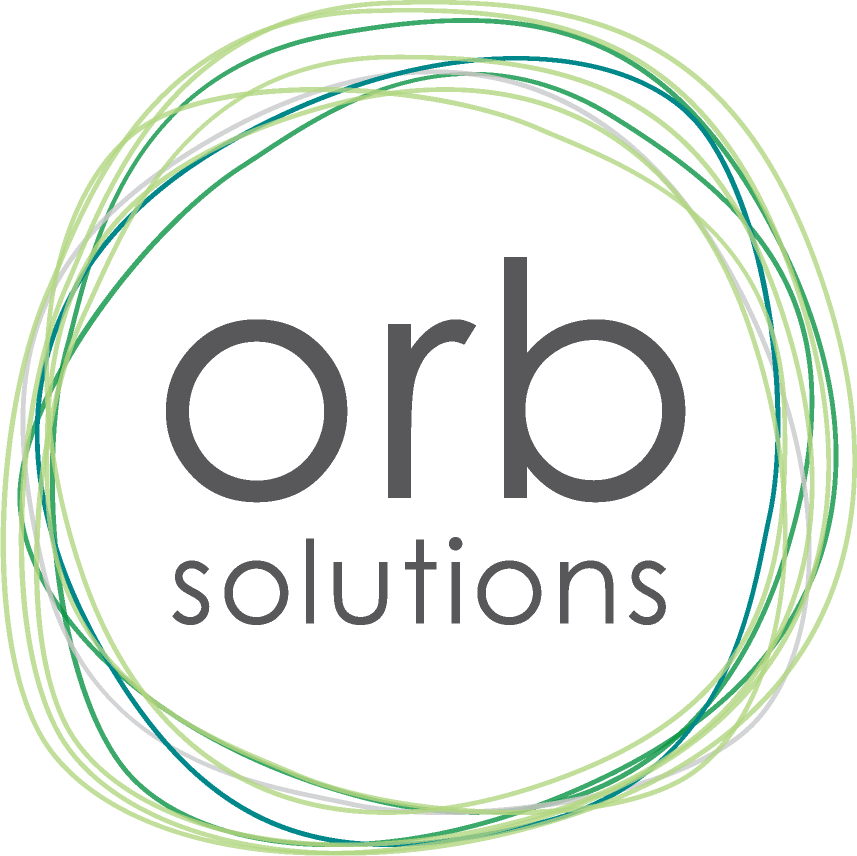‘Not who we are’ or ‘Not who we want to be'
As I reflect on the terrible tragedy from March 15, 2019 which has impacted on our Muslim community, Christchurch and wider New Zealand society I am proud of the leadership response shown by our Prime Minister, Jacinda Adern and the government to this incredibly sad and devastating event.
My thoughts went out also to the parents of those children in Christchurch who have had to explain to their children why there was a lockdown and ultimately give them an age appropriate understanding of the tragedy. The educators on the Monday afterwards who also were tasked with the unenviable and incredibly important task of assisting children of all ages to understand and move forward.
There are some helpful resources out that I would refer you to:
Madeleine Taylor has written a blog https://www.linkedin.com/pulse/your-children-watching-raising-resilient-through-tough-taylor
The Parenting Place also has this piece: https://www.theparentingplace.com/how-to-talk—about/world-trauma/
As adults we want and need to see some good come out of tragedies such as this. We have already seen it in the form of generosity of people donating money, attending vigils, standing in solidarity and support of our Muslim community and importantly, a conscious turning away from giving the perpetrator a voice.
Jacinda’s words of ‘not who we are’ need to be grounded in an understanding of what our values are as New Zealanders. It is a chance for us to challenge and make clear what is and isn’t acceptable in our society.
The level of casual racism, sexism, lack of acceptance of gender diversity, and high levels of domestic violence in New Zealand society is not markedly different from other Western cultures. It was only a few months ago that I attended a vigil about domestic violence (Grace Millane) and the plea was for our country to do better.
I recently spoke with someone who was, with their partner and daughter going to attend the PRIDE parade in Wellington, they were relieved that it was cancelled because of fear that they would be targeted by hate. Part of the reason it was cancelled was because it was a celebration at a time of mourning, and it also would have stretched police resources. If we truly were an inclusive society which accepted difference would we even need a police presence for such events?
While I absolutely agree with the Prime Minister’s sentiment that extremism has no place in Aotearoa, New Zealand, I prefer to see it as ‘not who we want to be’ as it allows for the reality that we are an imperfect society and sets up the question of ‘how then do we want to be?’
What changes do we need to make to be able to stand up and protect any human being who is being treated differently because of their religion, culture, colour, sex or gender and possibly even more importantly what changes need to occur so the need to protect is gone?

